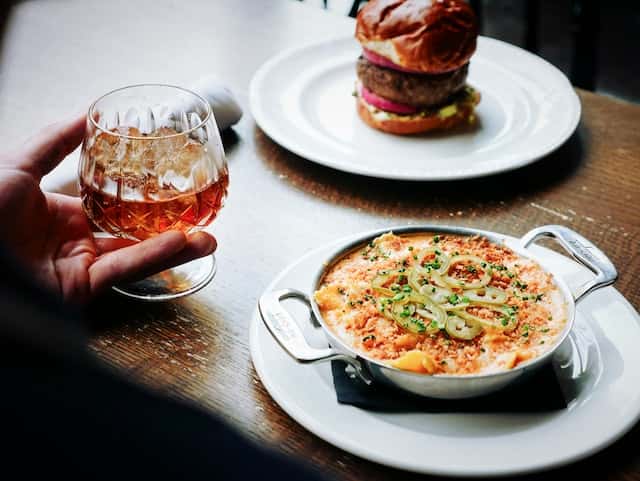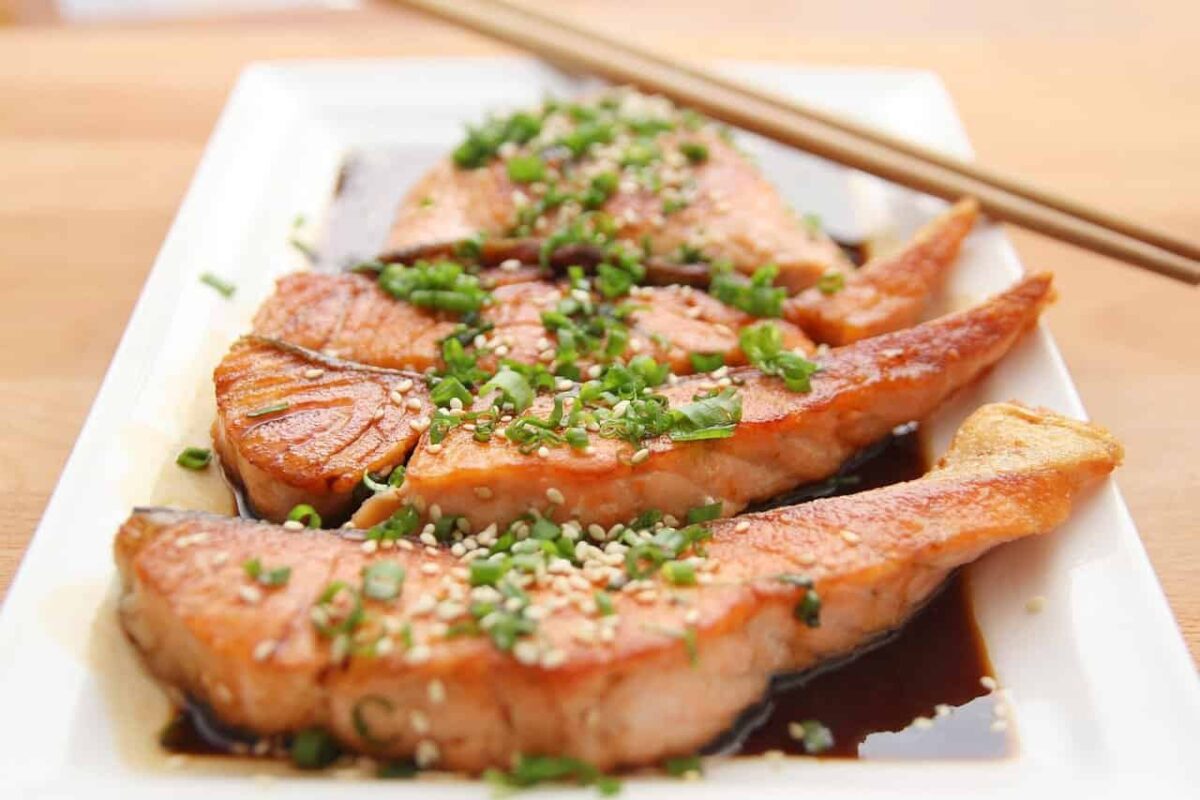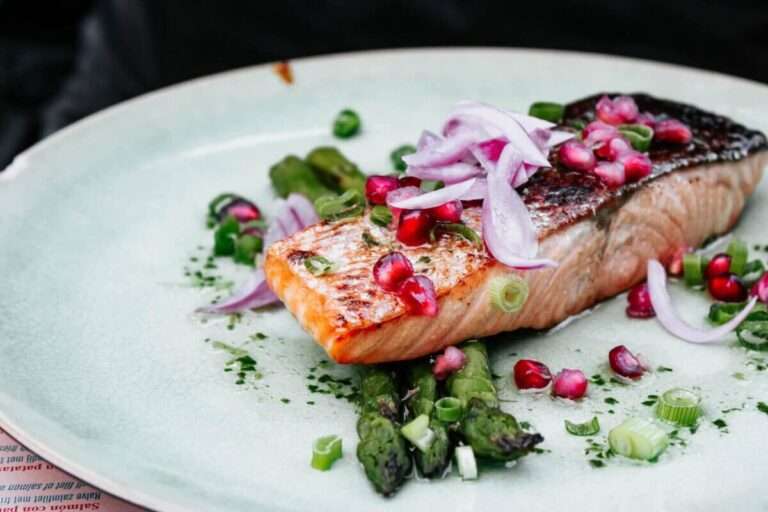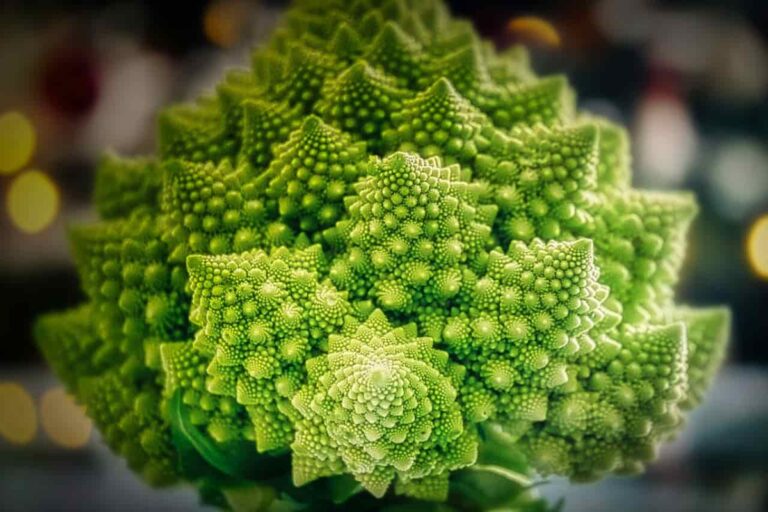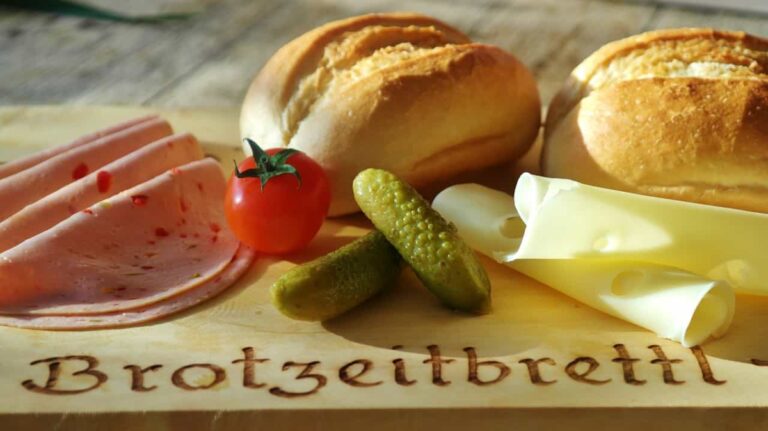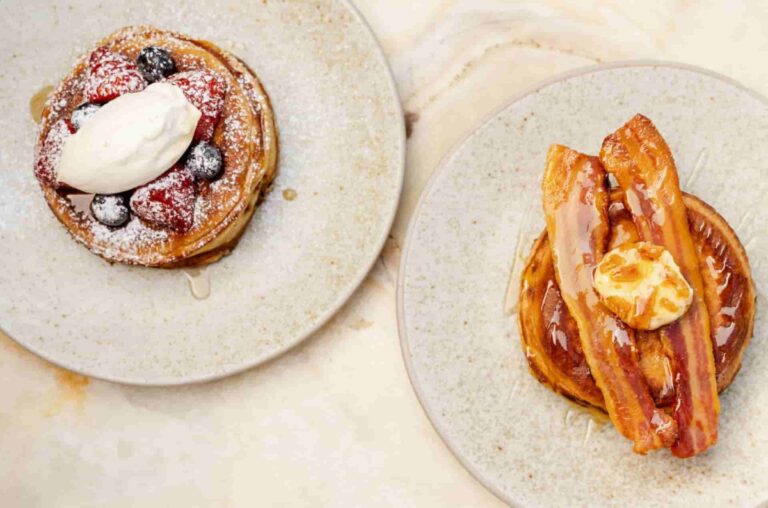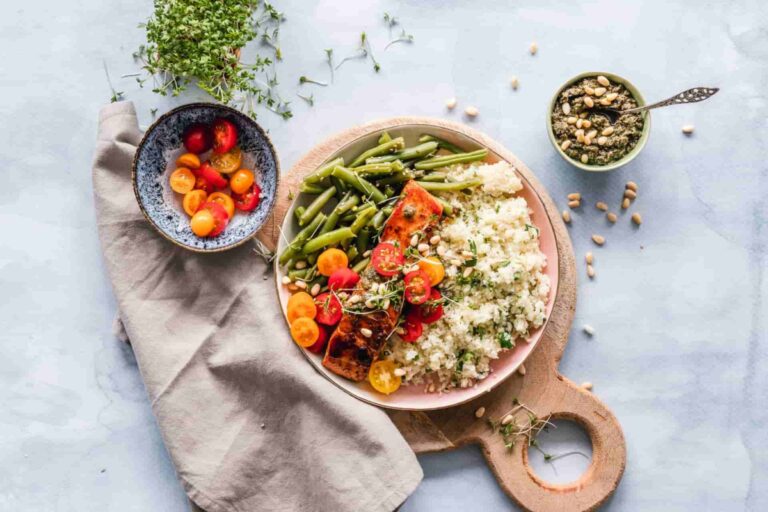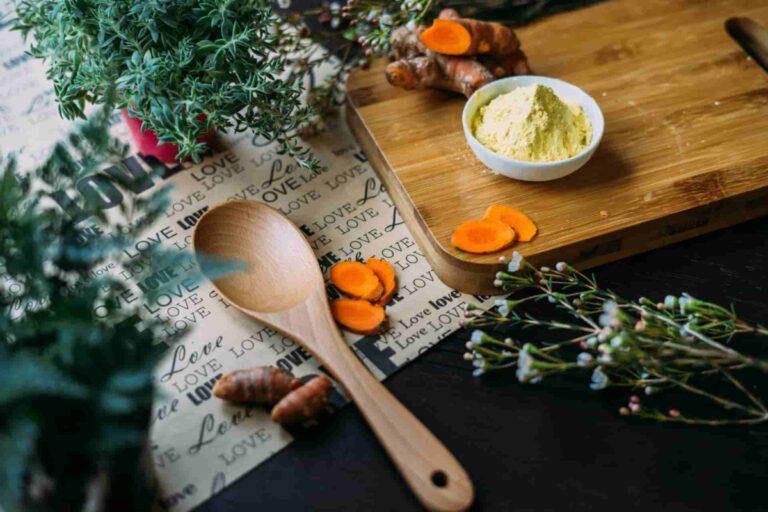37 free chive kitchen insights
Have you heard that hanging chives from the wall is said to protect against unlucky events?
- An old British myth claims that if one hangs chives over the front door of their home or plants them around the edge of their yard, evil spirits would be deterred from entering the home.
- Chives have traditionally been used in Romani fortune telling. It was thought that by hanging bunches of dried chives about a home, one might protect themselves from illness and evil.
- Chive is derived from the Latin word for onion, cepa, which later evolved into the French word cive.
- It is believed that chives were first cultivated in mediaeval times, but it wasn’t until the 19th century that they gained widespread popularity as a culinary herb. Chives have been collected from the wild for many millennia.
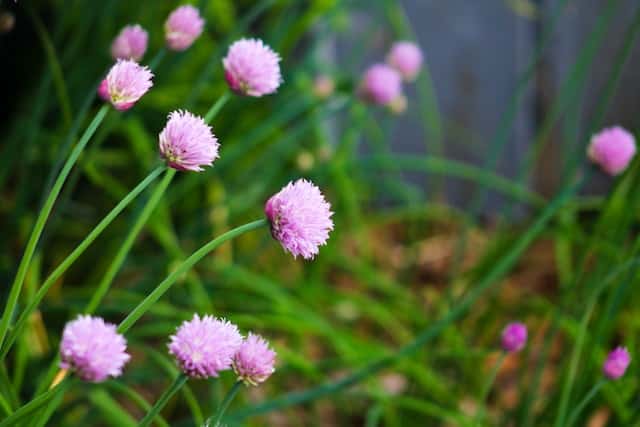
Chive nutrition values and health benefits
- Alliums, and especially chives, have been the subject of a number of studies, and those studies suggest that they may be of use in either the treatment or prevention of cancer. It has been shown that chives contain a variety of compounds, the most notable of which is sulphur, that may impede the development and spread of cancerous cells throughout the body.
- In spite of the fact that these studies are still in their preliminary stages, there is a significant body of data that all points to the same conclusion: that chives and other alliums could be helpful in the fight against cancer.
- Chives are an excellent source of vitamin K, which is essential for preserving bone density and is found in chives. On the other hand, vitamin K pills are a common form of treatment for this condition in several parts of Asia. Researchers are now examining whether or not osteoporosis patients benefit from taking vitamin K supplements as part of their therapy.
- Vitamin K is recommended for children and infants in the early stages of life in order to preserve bone density throughout life. Diets rich in vitamin A, such as those that include chives, may help prevent osteoporosis from developing in later years.
- Both choline and folate may be found in healthy amounts in chives. It has been shown that the development of memory functions may be aided by each of these components when they are taken separately. It has been shown that people who consume more meals that are high in choline do better on cognitive tests, while those who consume low quantities of choline seem to be at a higher risk of developing Alzheimer’s disease.
- Folate, which is also known by its chemical name folic acid, has, in the meantime, been the subject of study in a variety of contexts, including those of cognitive challenges and mood disorders. The combination of choline and folate that may be found in chives may be advantageous in a number of ways, including the enhancement of memory.
- Because chives are often used as a garnish rather than being ingested in large amounts, the amount of chives that is considered one serving for the purpose of calculating the nutrients per serving is one tablespoon of chives. Vitamin A and vitamin C are still present in it despite the fact that there is just one tablespoon. Other essential elements, such as choline and folate, may be found in the body in amounts that are lower than this. However, you may acquire the nutritional advantages of these extra nutritious ingredients by substituting chives for green onions in recipes.
- The leaves include extra B-complex vitamins in addition to other essential elements such as calcium, copper, iron, manganese, and zinc. In addition, the leaves contain manganese. In addition, leafy greens contain sufficient quantities of a variety of important vitamins, such as pyridoxine, pantothenic acid, niacin, riboflavin, and thiamine. This makes them a rich source of these vitamins.
- Additionally, allicin helps to reduce the stiffness of blood vessels by releasing the vasodilator chemical known as nitric oxide. Nitric oxide contributes to a decrease in total blood pressure, which in turn helps to reduce overall blood pressure.
- In addition to having an impact on the arteries of the blood that is fibrinolytic, or clot-breaking, it also has the added function of suppressing the clotting that is caused by platelets. Allicin consumption has been shown to have the overall impact of lowering the chance of developing cardiovascular conditions such as coronary artery disease, peripheral vascular disease, and stroke.
- There have been no documented detrimental effects related to eating chives; nevertheless, some websites state that eating an excessive quantity of them might lead to indigestion in certain individuals.
- If you suffer from an allergy to onions or garlic, there is a chance that you will also react negatively to chives if you ingest them. According to one source, chives contain diallyl disulfide and perhaps allicin, both of which, when taken by certain individuals, have the potential to elicit a reaction from those individuals.
100g of fresh chive has 30 calories(125kj), 3.3g protein, 0.7g fat, and 4.4g carbs including 2.5g fibre.
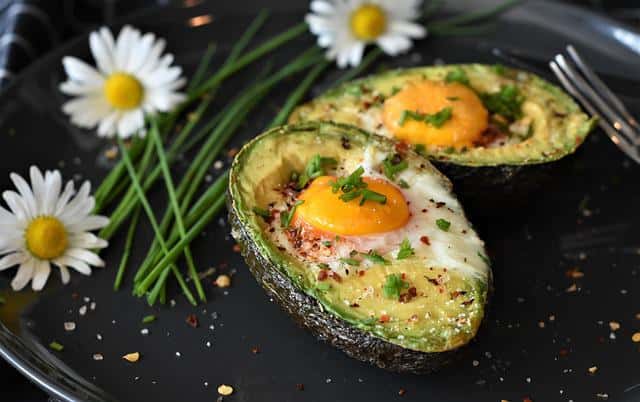
How to store chive and how to buy them
- The majority of supermarkets have chives in stock throughout the whole year.
- On the market, you may acquire leaves that are either fresh or dried (dehydrated), depending on your preference.
- When fresh leaves are sold in a market with other types of leafy greens, they are often packaged in bunches, also known as bundles, before being displayed for purchase.
- Make sure the fresh leaf bunches you buy are of the same size, have a consistent texture, and have a dark green colour (bushel).
- Choose the young leaves since they have a more subtle flavour.
- The larger the leaves, the more likely they are to have a pungent, fragrant flavour that is reminiscent of onions.
- Arrange the stems so that they are lying lengthwise on a sheet of plastic wrap, and then tape them in place. To prepare the chives, roll them in the plastic wrap in the same way as you would a tortilla, and then put them aside. If you wrap the chives too tightly, you may cause them to retain moisture and develop mildew more rapidly. To avoid this, try not to wrap them too firmly. Before placing the chives in plastic wrap, ensure that any extra moisture is absorbed by inserting a paper towel in between the chives and the plastic wrap.
- After being wrapped, the chives may be kept for up to a week in the refrigerator door as long as the door is not open. The warmest spots in the whole refrigerator are found in the several compartments that are located on the door of the refrigerator. Do not keep your chives at the back of the refrigerator where it is colder since this may lead them to dry up and may also cause them to partially freeze, which will result in a bitter flavour. Instead, put your chives in the crisper drawer where it is warmer.
- It is important to thoroughly wash the chives just before using them. It is not essential to clean the chives before to keeping them in the refrigerator since any moisture that is left on them will cause them to go bad more rapidly. Instead, you should hold off on using them until you are ready to do so, and then thoroughly rinse them with cold water to get rid of any dirt or grime that may have accumulated. Even though there does not seem to be any dirt on the chives that you want to consume, you should always clean them before doing so. There is a possibility that they contain bacteria that cannot be seen with the human eye.
- There are various choices available to you in the event that you have an abundance of chives on hand.
- The first step is to make sure your chives are completely dry. You may either let them air dry, use a food dehydrator, or dry them in the oven, depending on what you have available to you. This is an excellent essay that further discusses the subject.
- The second option is to mince your chives and store them in the freezer. This is the approach that I choose since it allows me to have the herb close at hand anytime I may need it, and I don’t have to worry about it deteriorating in quality or going bad. You can keep them in the freezer for up to three months. you can keep them in the freezer for up to three months.
- Because the quality of our chives is our first priority, we want to make sure you are aware of the obvious indications of spoiled chives before you use them in any of your dishes. The following are some considerations that may assist you in determining whether or not the chives in your possession are still sufficiently fresh for usage.
- If your chives have an unpleasant aroma, you should get rid of them as soon as possible.
- Changes in colour are the first indication that chives have gone bad; when this happens, they no longer have their signature shade of green.
- Chives that are starting to go bad have a softer feel to the touch than fresh chives do.
- Appearance is the best indicator of whether or not they have gone bad.

Cooking techniques, secrets, and tips from the kitchen
- Because chives are a delicate vegetable, it is recommended that you snip them with scissors rather than chop them, and that you do not cook them for an extended amount of time. Use chives as a garnish in salads, egg mayonnaise sandwiches, vegetable stocks, soups, creamy sauces, potato dishes, and omelettes, adding the herb just before serving. You can also use it as a replacement for parsley.
- One of my favourite things to do is to make butter flavoured with chives.
- This is a necessity for every event since it is simple to make and can be frozen.
- A stick of butter at room temperature is combined with a quarter cup of fresh chives that have been coarsely chopped and then stirred together until the butter has melted.
- Alternately, you could roll the butter into a cylinder, wrap it in plastic wrap, and store it in the freezer.
- This would allow you to cut off little portions of the butter whenever you needed them.
- The combination of chive butter with a steak that has been cooked is one that should not be missed.
- To me, there is nothing that compares to soaking fresh, crusty bread in chive oil and then seasoning it with salt and pepper before eating it.
- In order to make chive oil, first I put a handful of chives that have been finely chopped into a saucepan of boiling water for ten seconds.
- Although this step is not required, it is highly recommended. After that, I put the chives into an ice bath and let them dry completely.
- They should be puréed in a blender with a half cup of extra-virgin olive oil and a pinch of salt until they reach a smooth and creamy consistency.
- After storing it in the refrigerator for the night, the oil and chives combination should be strained into a fresh container the following morning.
- You have one week to utilise it before it expires.
- In a manner comparable to that of creamy soups, a white spaghetti sauce that contains fresh chives provides for an ideal setting for fresh chives. They offer the perfect amount of colour, so foods like chicken, mushrooms, and lobster go incredibly well with them and make for a great combination. This meal is going to wow you with its presentation almost as much as it will impress you with its flavour. Sprinkle them on just before you serve the dish to get the most out of their flavour and aroma.
- For making a chive blooms vinegar for salad dressing follow the next few easy steps.
- After being freshly cut, the blooms of the chive should be rinsed in ice water and then allowed to dry completely.
- Put the chive blossoms into a mason jar until it is about half to two-thirds filled. White wine vinegar should be added to the container until it is half full, then it should be sealed and stored in a cool, dark area for up to two weeks.
- After filtering out the solids, the liquid should then be transferred to a fresh container.
- Put the finishing touches on all of your favourite salads by pouring this bright pink vinegar with a hint of onion flavour over the top of them.
- The majority of the time, all that is required to make a beautiful fillet of fish taste excellent is a little bit of salt and freshly cracked black pepper to sprinkle on top of it. On the other hand, chives are an excellent addition to almost any sort of fish that you bake or grill and make for a great accent to the flavour. Fish that are considered to be instances of this group include tilapia, salmon, and mahi mahi, among others. In order to prevent the chives from becoming wilted and discoloured due to the heat, they should be put on top of the fish just before it is served.
- Following baked potatoes as the most common food item to which chives are added, the next most common food item is eggs. Fresh chives may be used as a simple garnish for a tray of devilled eggs, but they are also a fantastic ingredient to include in scrambled eggs and omelettes. Chives have the potential to take frittatas and quiches that you already like and make them into something entirely new with very little more work.
- Chives are a delicious addition to a variety of foods, including avocados, egg dishes, fish, potatoes, salmon, root vegetables, and zucchini, to name a few. Aside from those, you are free to use any other herbs or spices that you want, such as basil, coriander, fennel, parsley, tarragon, or any other that you can think of.
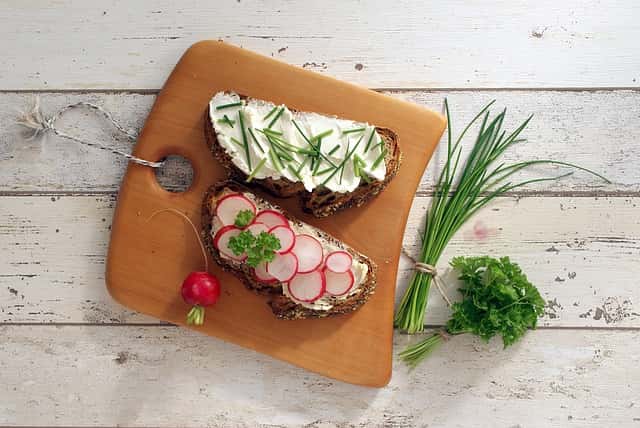
History of chive from the beginning until today
- The usage of chives dates back hundreds of years and continues right up to the present day. Some people believe that they originated in China and that the Chinese have been using chives for a variety of purposes for thousands of years.
- Although the use of onions was widespread across Europe throughout the Middle Ages, it is generally accepted that the practise began in Asia. The chives that are used in Chinese cooking are quite dissimilar to the chives that are utilised in the cuisine of other parts of the world, including the United States. This kind of chives often has stems that are more broad than those of other types of chives.
- Around the year 80 A.D., Marcus Valerius Martialis included a discussion of it in his book “Epigrams,” which was the very first time the topic was brought up.
- The ancient Romans believed that eating chives might help relieve the excruciating pain of a sunburn as well as a sore throat. They were under the notion that consuming chives would cause an increase in blood pressure as well as the need to urinate more often.
- Chives have been used by Gypsies for a very long time in the process of fortune telling. In certain cultures, the dry stalks of chives are used as a protective barrier around the outside of a house to ward off illness and evil.
- Farmers in the Netherlands in the nineteenth century fed the plant to their calves so that the milk produced by their cows would have a distinctive flavour.
